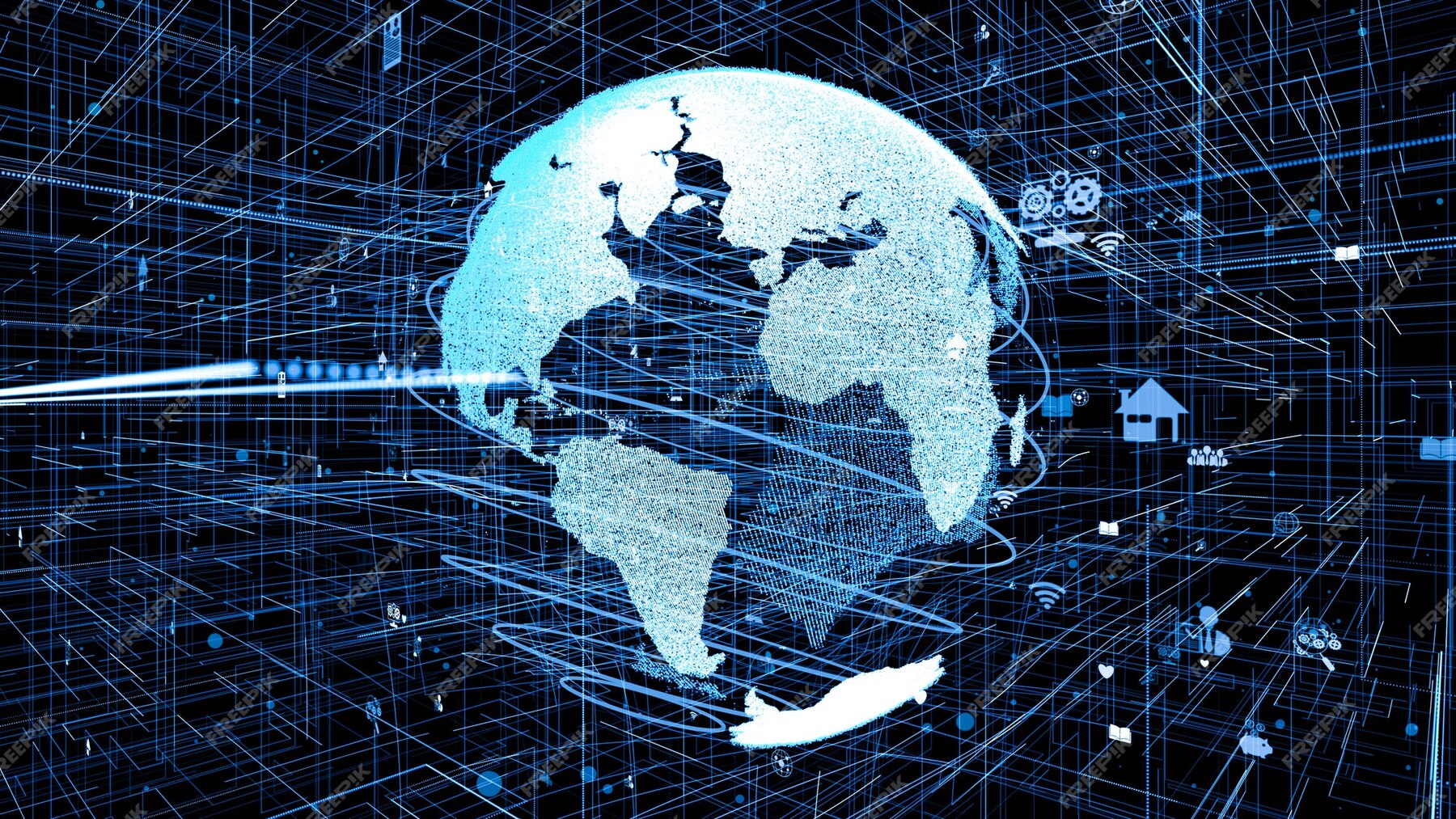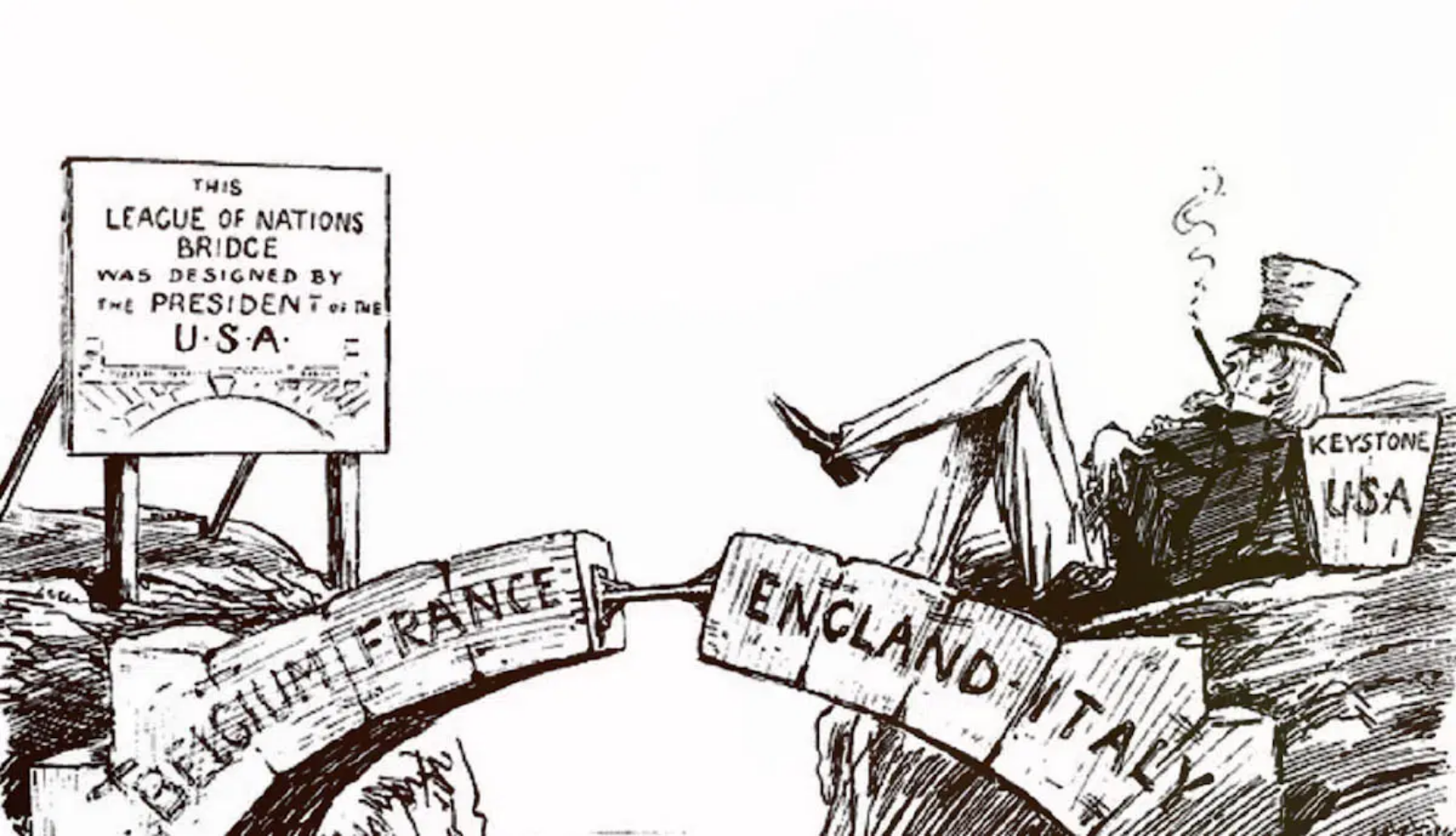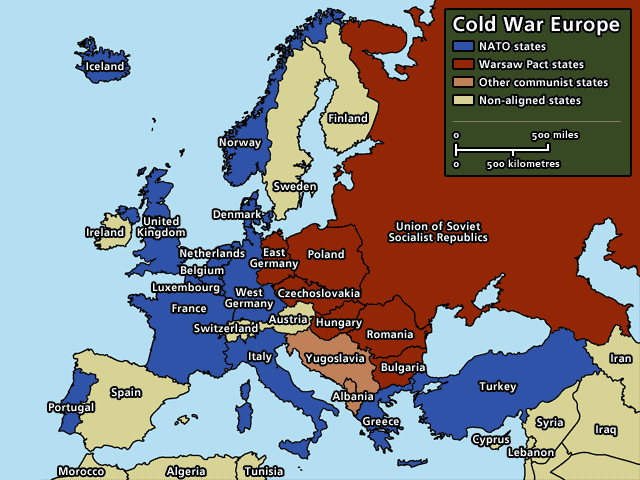
Course Title: Blacknology: Black Literature, Culture, and Technology
The term Blacknology presents a lens through which to reconsider contemporary black literature and culture. By intertwining ‘black’ with ‘technology’, it proposes an analytical framework that examines how black cultural production and thought intersect with technological, social, and cultural transformations.
Textbook:
Adriano Elia, Serena I. Volpi. Blacknology: Black Literature, Culture, and Technology. Padova: Libreriauniversitaria.it, 2025.
Additional study materials for the exam will be available online here.
If you have any questions, please send an email to: adriano.elia@uniroma3.it
The term Blacknology presents a lens through which to reconsider contemporary black literature and culture. By intertwining ‘black’ with ‘technology’, it proposes an analytical framework that examines how black cultural production and thought intersect with technological, social, and cultural transformations.
Textbook:
Adriano Elia, Serena I. Volpi. Blacknology: Black Literature, Culture, and Technology. Padova: Libreriauniversitaria.it, 2025.
Additional study materials for the exam will be available online here.
If you have any questions, please send an email to: adriano.elia@uniroma3.it
- Docente: Adriano Elia

In this class, we will explore the technologies that scholars use for humanities and social science research, delving into their history, advantages, and limitations. Additionally, we will examine the main ongoing discussions in the field of digital humanities.
The course is designed for participants with a diverse profile. It aims to provide the necessary skills for creating digital content to support research in political sciences, modern and contemporary history, economics, and textual sciences.
By the end of the course, you will have completed a digital humanities project for your personal portfolio. The project will be based on your research interests and will demonstrate the skills you have acquired. To achieve this, we will dedicate a portion of our weekly meetings to in-class exercitations and project discussions.
Take a look at the course's website: https://digitalhumanities.site
CONTENTS:
Please refer to the syllabus on the course's website: https://digitalhumanities.site/syllabus/
- The “digital” of Digital Humanities.
- What is Digital Humanities? Can it be defined?
- The history of Digital Humanities (What is Digital Humanities? - Part II).
- What is ‘data’?
- Forms of data and data-sets.
- Data cleaning and manipulation.
- Presenting data. Data analysis.
- Reconsidering data manipulation. Missing data.
- Data visualization: history, methods, and tools.
- Text analysis and topic modeling; possibilities and drawbacks.
- Algorithms of textual analysis.
- Infographic: A history of data graphics.
- Introduction to HTML and CSS.
- Concepts of web design.
- Digital maps.
- GIS and digital gazetteers.
- Introduction to AI: From the first models to machine learning.
- Deep machine learning.
- An introduction to artificial neural networks.
The course is designed for participants with a diverse profile. It aims to provide the necessary skills for creating digital content to support research in political sciences, modern and contemporary history, economics, and textual sciences.
By the end of the course, you will have completed a digital humanities project for your personal portfolio. The project will be based on your research interests and will demonstrate the skills you have acquired. To achieve this, we will dedicate a portion of our weekly meetings to in-class exercitations and project discussions.
Take a look at the course's website: https://digitalhumanities.site
CONTENTS:
Please refer to the syllabus on the course's website: https://digitalhumanities.site/syllabus/
- The “digital” of Digital Humanities.
- What is Digital Humanities? Can it be defined?
- The history of Digital Humanities (What is Digital Humanities? - Part II).
- What is ‘data’?
- Forms of data and data-sets.
- Data cleaning and manipulation.
- Presenting data. Data analysis.
- Reconsidering data manipulation. Missing data.
- Data visualization: history, methods, and tools.
- Text analysis and topic modeling; possibilities and drawbacks.
- Algorithms of textual analysis.
- Infographic: A history of data graphics.
- Introduction to HTML and CSS.
- Concepts of web design.
- Digital maps.
- GIS and digital gazetteers.
- Introduction to AI: From the first models to machine learning.
- Deep machine learning.
- An introduction to artificial neural networks.
- Docente: DAVID SEBASTIANI
- Docente: ANNA MARIA BISCOTTI
- Docente: Valerio Gatta
- Docente: BENEDETTA AGOSTINELLI
- Docente: Antonio Iannuzzi

Il corso ha lo scopo di fornire agli studenti gli strumenti critici per comprendere le potenzialità di trasformazione internazionale legate alla disponibilità della tecnologia digitale. Come ogni grande innovazione tecnologica, anche quella digitale ha già prodotto e, ancora più, è destinata a produrre cambiamenti enormi in ogni forma di attività e organizzazione sociale e politica umana. La presenza e la grandissima velocità con cui tale tecnologia evolve sono due elementi che il corso aiuterà gli studenti a inserire e leggere nell’ambito delle relazioni internazionali.
Il corso anzitutto si concentra su alcuni elementi introduttivi necessari a comprendere quali aspetti della tecnologia digitale sono rilevanti dal punto di vista internazionale. La ricostruzione storica prenderà il via dagli anni 70 e 80 dello scorso secolo per spiegare quali dinamiche hanno contribuito a fare emergere internet e il digitale come tecnologia di punta nella competizione bipolare. Con gli anni 90 saranno poi analizzate brevemente anche le caratteristiche dell'ultima fase della globalizzazione resa possibile dall'information e communication technology, grazie alla cui disponibilità è stata possibile una sorta di frammentazione e 'privatizzazione' del potere passato in misura crescente nelle mani di società private. Infine, esaminando il nuovo millennio, il corso cercherà di dare conto dei rischi e delle dinamiche internazionali legate alle problematiche di sicurezza e a quelle dell'antagonismo fra grandi potenze nell'acquisizione e mantenimento dell'egemonia, per le quali l'elemento tecnologico resta essenziale.
Per gli studenti frequentanti questi sono i testi (ai quali potranno essere aggiunte limitate altre letture propedeutiche a qualche discussione in classe):
- Richard Baldwin, "La grande convergenza: Tecnologia informatica, web e nuova globalizzazione, " Il Mulino, 2018
- Ennio Di Nolfo, "Storia delle Relazioni Internazionali," Vol. II, dal 1946 al 1990, Laterza, 2015, pp. 604-721
- Antonio Varsori, "Le relazioni internazionali dopo la guerra fredda, 1989-2017," Il Mulino, 2018
- Daniele Gambetta (a cura di), "Datacrazia. Politica, cultura algoritmica e conflitti ai tempi dei big data," DEditore, 2018, escluse pp. 138-171 e pp. 252-279
Gli studenti non frequentanti dovranno aggiungere ai suddetti volumi un paio di studi aggiuntivi che metterò a disposizione su moodle
Il corso anzitutto si concentra su alcuni elementi introduttivi necessari a comprendere quali aspetti della tecnologia digitale sono rilevanti dal punto di vista internazionale. La ricostruzione storica prenderà il via dagli anni 70 e 80 dello scorso secolo per spiegare quali dinamiche hanno contribuito a fare emergere internet e il digitale come tecnologia di punta nella competizione bipolare. Con gli anni 90 saranno poi analizzate brevemente anche le caratteristiche dell'ultima fase della globalizzazione resa possibile dall'information e communication technology, grazie alla cui disponibilità è stata possibile una sorta di frammentazione e 'privatizzazione' del potere passato in misura crescente nelle mani di società private. Infine, esaminando il nuovo millennio, il corso cercherà di dare conto dei rischi e delle dinamiche internazionali legate alle problematiche di sicurezza e a quelle dell'antagonismo fra grandi potenze nell'acquisizione e mantenimento dell'egemonia, per le quali l'elemento tecnologico resta essenziale.
Per gli studenti frequentanti questi sono i testi (ai quali potranno essere aggiunte limitate altre letture propedeutiche a qualche discussione in classe):
- Richard Baldwin, "La grande convergenza: Tecnologia informatica, web e nuova globalizzazione, " Il Mulino, 2018
- Ennio Di Nolfo, "Storia delle Relazioni Internazionali," Vol. II, dal 1946 al 1990, Laterza, 2015, pp. 604-721
- Antonio Varsori, "Le relazioni internazionali dopo la guerra fredda, 1989-2017," Il Mulino, 2018
- Daniele Gambetta (a cura di), "Datacrazia. Politica, cultura algoritmica e conflitti ai tempi dei big data," DEditore, 2018, escluse pp. 138-171 e pp. 252-279
Gli studenti non frequentanti dovranno aggiungere ai suddetti volumi un paio di studi aggiuntivi che metterò a disposizione su moodle
- Docente: Marilena Gala
- Docente: Edoardo Marcucci
- Docente: Antonio D'Alessandri
- Docente: OLIVIERO FRATTOLILLO
- Docente: FLAVIO SILVESTRINI
- Docente: ALBERTO BASCIANI

Il corso ha l’obiettivo di fornire agli studenti e alle studentesse gli strumenti per la comprensione dei processi storici dell'America Latina dalla fine del XIX secolo e delle dinamiche attualmente in atto nella regione. Ampio spazio sarà dedicato al tema della Justicia transicional e delle Politiche di memoria nella regione.
- Docente: LAURA FOTIA

Il corso affronta la storia delle relazioni tra l'Europa e gli Stati Uniti nel XX secolo. Lo scopo è quello di comprendere l'evoluzione delle relazioni transatlantiche nel secolo passato, soffermandosi su alcuni temi quali: la Prima Guerra Mondiale, gli anni Venti e la crisi del 1929, l'ascesa delle dittature nazi-fasciste in Europa e la reazione degli Stati Uniti, la Seconda Guerra Mondiale, l'inizio della Guerra Fredda e la creazione dell'Alleanza Atlantica, l'atteggiamento statunitense nei confronti dell'integrazione europea, l'evoluzione, a volte accidentata, dell'Alleanza transatlantica e della NATO, la crisi energetica degli anni Settanta e la Guerra Fredda globale, la fine del conflitto bipolare.
- Docente: Giordana Pulcini

Il corso mira a fornire una preparazione avanzata sulla storia dell’Europa contemporanea e ad analizzare le principali trasformazioni politiche, economiche, sociali, culturali registratesi in Europa dalla fine della seconda guerra mondiale a oggi.
- Docente: Giovanni Mario Ceci
- Docente: Fabio Masini
- Docente: Fabio Masini
